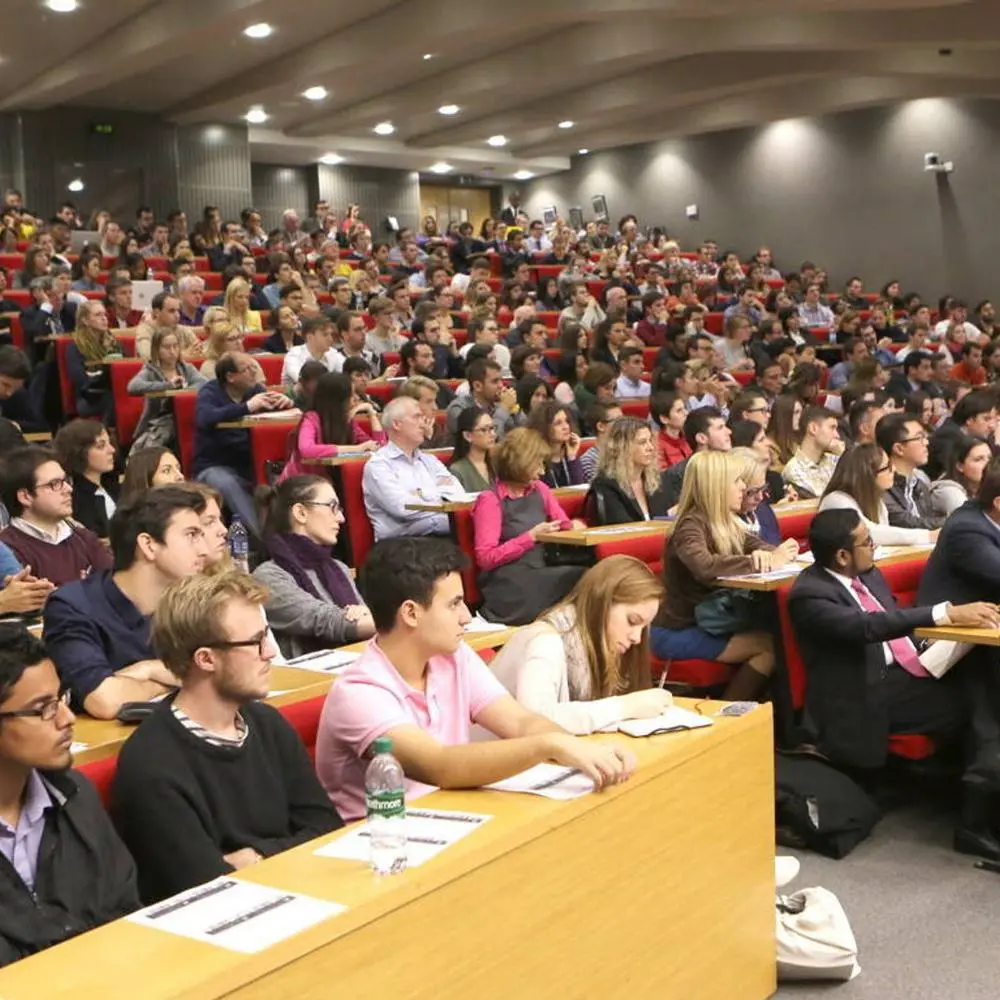The Other Neoliberalism: German ordoliberalism after the Euro crisis
Long treated as an economic tradition distinctive to Germany, Ordoliberalism has recently come to wider prominence in the context of European crisis politics, where it has widely been perceived as a major influence on policy-making and public discourse.
As contributors to the recent edited volume on Ordoliberalism, Law and the Rule of Economics (eds. Hien and Joerges; Hart Publishing), the speakers on this panel will explore Ordoliberalism from a variety of disciplinary perspectives, charting both its theoretical iterations and its contemporary political significance.
Michelle Everson is Professor of Law, School of Law, Birkbeck University of London.
Albert Weale is Emeritus Professor of Political Theory and Public Policy, Department of Political Science, UCL.
Jonathan White (@JonathanPJWhite) is Professor of Political Science, European Institute, LSE.
David Woodruff is Associate Professor of Comparative Politics, Department of Government LSE.
Lucia Rubinelli is Fellow in Political Theory, Department of Government, LSE.
The LSE European Institute (@LSEEI) is a centre for research and graduate teaching on the processes of integration and fragmentation within Europe. In the most recent national Research Excellence Framework (REF 2014) the Institute was ranked first for research in its sector.
The Department of Government (@LSEGovernment) at LSE is one of the largest political science departments in the UK. Our activities cover a comprehensive range of approaches to the study of politics.
Podcast
A podcast of this event is available to download from The Other Neoliberalism: German Ordoliberalism after the Euro crisis
LSE holds a wide range of events, covering many of the most controversial issues of the day, and speakers at our events may express views that cause offence. The views expressed by speakers at LSE events do not reflect the position or views of The London School of Economics and Political Science.
From time to time there are changes to event details so we strongly recommend that if you plan to attend this event you check back on this listing on the day of the event.
Whilst we are hosting this listing, LSE Events does not take responsibility for the running and administration of this event. While we take responsible measures to ensure that accurate information is given here (for instance by checking that the room has been booked) this event is ultimately the responsibility of the organisation presenting the event.
LSE holds a wide range of events, covering many of the most controversial issues of the day, and speakers at our events may express views that cause offence. The views expressed by speakers at LSE events do not reflect the position or views of the London School of Economics and Political Science.
